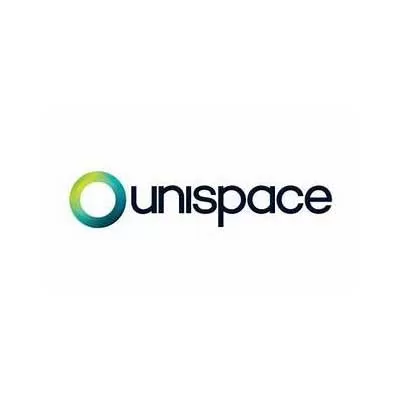Indian employees and employers state the highest satisfaction with their current hybrid work environment, even as Indian employees are least likely to spend time at their desks in office, reveals the latest Global Workspace Insights report from Unispace, one of the world’s leading workplace creation companies.
97 percent of employees and 98 percent employers in India surveyed by Unispace for the report expressed their satisfaction with the hybrid working arrangement, as compared to a global average of 87 percent employees and 95 percent employers. This marks a significant shift from last year’s statistics that showed that employees in India are far more likely than any other country globally to be willing to take a pay reduction in order to work from home, with almost a third (31 percent) indicating that they have already done so, which is almost double the global average of 16 percent.
The report titled ‘From Restrictions to Resilience’, part of Unispace’s Global Workplace Insights 2024-25, reveals trends and insights, based on surveys of 10,700 employees and employers across 13 countries globally, to guide organisations in creating resilient workplaces. 500 employees and 250 employers from India were surveyed for the report.
The third edition of the annual Unispace report found that employees worldwide are spending nearly half a day more per week in 2024 on average (3.7 days vs 3.4 days last year) in the office as compared to a year ago.
“Even as people are now spending nearly half a day more in the office compared to a year ago, our research shows that both employees and employers yearn for workspaces that inspire innovation and promote productivity. If they’re to endure long commutes and arrange childcare, the destination must be an environment where ideas soar,” says Jianhan Qiu, Strategy and Change Principal at Unispace Asia. “There’s also been a noticeable change this year where employees are actively seeking workplaces that enable individual focus, rather than reserving concentration for work from home.”
Time spent in office
While face-to-face collaboration remains a top incentive for coming to the office, in reality, employees worldwide report spending 64 percent of their time in the office at their desks. Interestingly, Indian employees with 50 percent average reported time are least likely to spend time at their desks while working from the office.
The report further reveals that Indian employees’ inability to work productively at the office is hampered most by noise, or problems with temperature and air quality. Finding no time to exercise or staying active during the workday is an additional challenge that can cause physical and mental exhaustion.
To mitigate these challenges, the Unispace report recommends a combination of furniture and workplace configurations that cater to various tasks and working styles. “People now seek quiet areas for focused work and flexible spaces for various activities and collaboration. By addressing these needs, companies can better support their workforce, supporting both productivity and employee wellbeing,” Jianhan added.
The Unispace report also reveals that Indian employers’ confidence in their workplace’s capacity to foster innovation shows a downward trend. While 96 percent of employers in India believed that their workplace enables employees to be innovative in 2023, the number has dropped to 85% in 2024.
The report further reveals the biggest motivators for Indian employees to work from office, noting that paid-for or subsidised travel (parking or public transportation), and access to more training or development programs, or free drinks, coffee and snacks are the top three reasons for them to feel happier to spend more time in office. Additionally, technology infrastructure, wellbeing areas for relaxation or stress relief, and hygiene facilities make up the top three essential reasons for Indian employees to work from the office.
More findings from the study
- With 87 percent of Indian employers and 80 percent of employees agreeing that workplace technology sufficiently facilitates their tasks; technology continues to be an essential factor in improving productivity and communication.
- 91 percent of employees in India would prefer a shorter commute, while 94 percent of employees would be happier with free snacks, coffee, and drinks
- Only 48 percent of Indian employers offer flexible start times at the moment, suggesting a large room for improvement in strategies related to employee engagement and retention.
Methodology for the Unispace Global Workplace Insights Report
Research was conducted in partnership with Opinium Research between May 11, 2024 and May 23, 2024. The survey respondents included 8,000 employees and 2,700 business leaders in companies (with 50+ employees) from 13 countries worldwide —including 500 employees and 250 employers in India. Care was taken to ensure that the geographic and demographic characteristics of the populations surveyed were properly represented.
About Unispace
We are a global strategy, design, and construction leader creating experiential spaces that deepen connections, foster a sense of belonging, and propel success. We believe spaces should spark brilliance in people who use them. With 5,500 projects completed, a presence across 26 countries, and 800+ employees worldwide, Unispace Group’s portfolio of brands creates spaces that enhance human experience across workplace, life sciences, branded experiential environments, hospitality and retail.





















